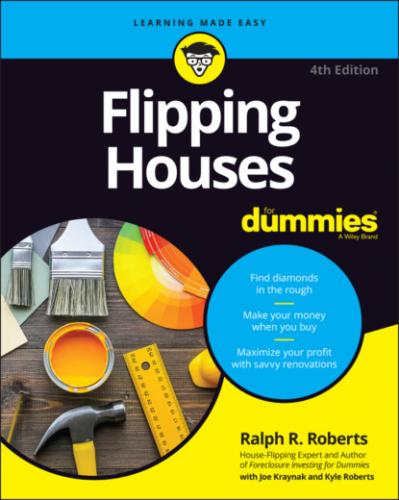The property you think you’re buying is the property you’re actually buying.
The person selling the property is the person who owns it.
You’re aware of any liens against the property or taxes due.
Any rights, such as mineral rights, are transferred to you.
Your deed or title is in recordable form.
You’re aware of any restrictions on the property; for example, if you’re buying a home in a historical area, the renovations may have restrictions.
If you have any questions or concerns about a property’s title, consider consulting a title company in your area that has a reputation for smooth closings. Establishing a relationship with a reputable title company is good practice even if you don’t have concerns over a specific property’s title history. In exchange for your business (hiring them to handle your closings), a title company may be willing to do free title searches. A reputable title company can also expedite closings to ensure that you don’t miss out on good deals.
Speaking of insurance, you should always obtain a homeowner’s insurance policy for any property you purchase. In fact, consult an insurance agent before purchasing a property, to make sure the policy is in effect as soon as possible after you close on the property. I know of a case involving raccoons that slipped into the attic of a home and did about $15,000 worth of damage. Thankfully, the investor had the proper amount of insurance on the house and was covered for the damage.
Make sure you have an insurance agent on your team who can help you insure not only the properties you purchase but also anyone who does work for you and doesn’t carry contractor’s insurance. The added cost for insurance is well worth the price. If someone gets hurt on the job, that can cost you big-time.
Locating an Experienced Appraiser
Someone who buys a home typically borrows money from a lender and uses the property as collateral for the loan. The bank or another lending institution orders an appraisal of the property to make sure it’s worth enough to cover the loan in case the buyer defaults on the loan. The buyer typically pays for the appraisal as part of the closing costs.
As a flipper, you don’t need an appraisal unless you’re borrowing money from a lender who requires an appraisal to approve the loan. However, if you’re unsure of the value of a particular piece of property, an appraiser can help you confirm its potential profitability or perhaps present you with some figures that make you think twice about pitching an offer. You can ask the appraiser to provide you with two estimates: property value before repairs and renovations (as-is value) and property value after repairs and renovations (after-repair value). Such an appraisal may cost a little extra (anywhere from $350 to $475), but the additional information may help you make a better decision, especially when you’re just getting started.
If you’re in the market for an appraiser, ask your mortgage broker or loan officer for a referral.
Adding a Real Estate Lawyer to the Roster
Not all lawyers are created equal. You can find attorneys who specialize in divorce, disability, criminal law, personal injury, corporate law, and so on. When you’re flipping properties, you want a real estate lawyer. An experienced real estate lawyer can offer valuable assistance in the following areas:
Purchase agreement: Purchase agreements are complex documents that cover not only the sale price but also the terms of sale — tax prorations, occupancy issues, water bills, personal property in the house, and so on. Unless it’s in writing, a purchase agreement is subject to dispute. Inexperienced real estate agents (who aren’t lawyers) often introduce errors that can cost their clients hundreds or thousands of dollars.
Title: Your lawyer can advise you on the best way to take title in your situation. For example, you may want only your name on the title or your name and your spouse’s name if you’re married. A lawyer can also inspect the title work to ensure your protection. (For more details, see the earlier section “Covering Your Back with Title and Homeowner’s Insurance.”)
Complex transactions: Some transactions may include an assumption of the mortgage or enable the seller to finance the purchase. When complexities arise, having a lawyer on call is always a plus.
Efficient and affordable: Attorneys often charge by the minute, so beware of long talkers.
Supportive: Someone who second-guesses all your investment decisions can paralyze you with doubt.
Unobtrusive: Your lawyer should protect you from unseen risk without sinking the deal. Some lawyers justify their fee by becoming too technical with the documents, which can hinder your ability to close on good deals while annoying the heck out of you.
Available: A good lawyer is available when needed.
Experienced: A real estate attorney who owns real estate and rentals is better than one who doesn’t.
Generous: A lawyer who shares leads can help you find properties you couldn’t find on your own.
Lining Up a Home Inspector
In a buyer’s market, whenever you make an offer on a house, make the offer contingent on the house passing inspection. Then have the home professionally inspected. This contingency ensures that you don’t get stuck holding the bag on any of the following big-ticket items:
Damaged foundation or other structural anomalies
